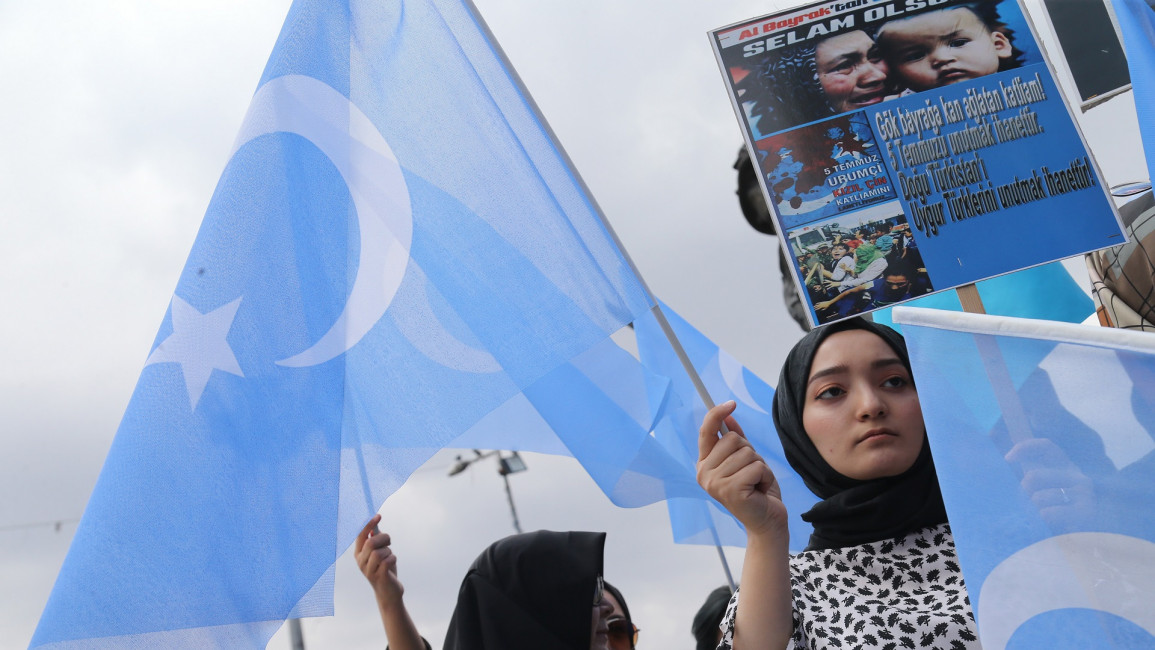Jailed Uighur academic's nomination for European human rights prize draws Beijing's fury
Beijing, which has forced millions of the Muslim minority group into "re-education camps," slammed jailed economics professor Ilham Tohti's nomination as "supporting terrorism".
ITohti, a 49-year-old academic, was sentenced to life in prison in 2014 for separatism-related activities.
The Council of Europe, which grants the award, said in a statement that the professor "has worked for over 20 years on the situation of the Uighur minority and on fostering inter-ethnic dialogue and understanding in China."
Tohti has also been nominated by US lawmakers for the Nobel Peace Prize.
Also read: China should learn from Taiwan about the treatment of Muslims
China’s foreign ministry spokesperson called Tohti a “separatist who supports extreme terrorism” and called the nomination an “attempt to whitewash his criminal activities and fool the human rights community.”
The professor is one of three nominations for the Vaclav Havel prize. Buzurgmehr Torov, a Tajik human rights lawyer and a youth group promoting post-war reconciliation in the Balkans are the other nominees.
The winner of the €60,000 ($66,350) prize will be announced in Strasbourg, France, on September 30.
Tohti’s nomination comes as China’s treatment of the Uighurs comes under increasing international scrutiny.
The Uighur community in northwestern China has faced an intense crackdown in recent years, with an estimated two million mostly Muslim ethnic minorities held in internment camps in Xinjiang province.
China initially denied the existence of these camps, but now claims that its detention centres are not concentration camps but "re-education camps" where "students" are trained to successfully reintegrate into Chinese society. It claims the camps are a necessary measure to counter Islamic extremism.
Human rights groups say that Uighurs and other Muslim minorities endure political indoctrination at these camps.
International recognition of the incarceration and human rights abuses has been sparse, especially from governments of Muslim majority nations.
Last month, thirty-seven mostly Muslim countries signed a letter defending China’s human rights record. The letter was sent to the UN Human Rights Council in response to another document denouncing China’s treatment of the Uighurs, which was signed by twenty-two countries.


![The White House Correspondents' dinner is seeing renewed scrutiny amid Israel's war in Gaza. [Brooke Anderson/The New Arab]](/sites/default/files/styles/image_330x185/public/2024-04/IMG_5497.jpg?h=71976bb4&itok=iSygAqbR)